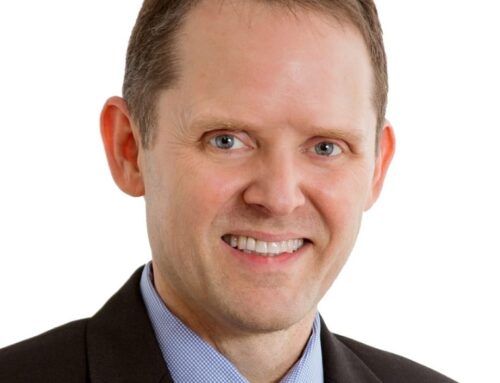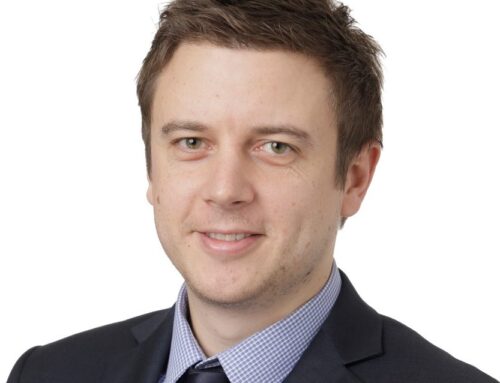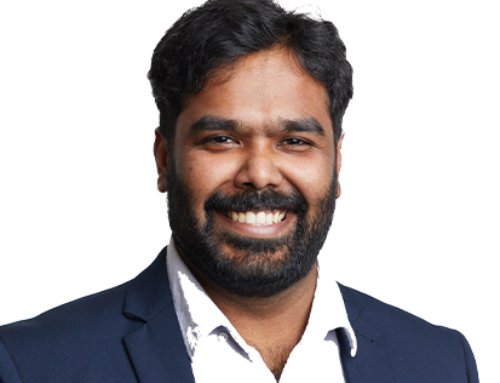Tell us what you bring to an engineering culture, as a fine art graduate?
I’m able to make finances more visual and accessible. My second passion at school was maths, so designing and coding financial dashboards brings together both of those facets … it also makes me a bit weird, but I’m ok with that, especially when you see the benefit and enhanced understanding of the viewer.
As a woman, do you feel you’ve come across any obstacles achieving your career goals?
The obstacles are becoming fewer, although many still remain. Thankfully we’ve moved away from being called fillies in boardrooms, but sexist commentary is too prevalent. In a previous company, I was unfortunate to witness both, and more, for example promotions automatically going to men. It makes you double down hard to excel in your career and, in some respects, I’ve had to be better than my male counterparts to get the same recognition.
Sitting on the executive team in London I know that all our decisions on promotions, pay rises and opportunities for advancement are sense-checked to make sure we haven’t been swayed by unconscious bias, resulting in only men receiving recognition.
Who are the people or mentors that have helped you along the way?
Gosh there are many, although most are probably unaware of the impact of their counsel and guidance. My Dad’s work ethic and approach to managing his team is something I’ve tried to emulate throughout my career. You don’t need to be a shouty boss to get outcomes from your team.
Which women in science, or women in the NDY team, inspire you the most?
Having been at NDY for over 6 years now, I’ve worked with many inspiring women. We have some wonderful young female engineers who are shining the light for the future of women in engineering. Their passion and determination to advance their knowledge is inspiring to watch.
Let’s also not forget the amazing women in the support teams who help run businesses – they really are unsung heroes.
What’s the trickiest problem you’ve solved?
Work-life balance, although ‘solved’ may be overstating it, somewhat.
Tell us more about your drive to find a work-life balance?
Being part of the executive team for London and Ireland is a demanding role and it’s very easy to become consumed with work. I’d like to say that I’ve managed to crack life-work balance over the years, but that isn’t the case. I’ve always had a very strong work ethic and desire to advance my career – something I learned from my Dad. I even retrained to be an accountant in my early 30s.
During lockdown the balance very firmly went the wrong way, as many of ours did. However as we emerged in the new post-COVID world, my desire to switch that around became stronger. This was somewhat fueled by friends and family whose health was compromised. My Dad, Aunt, Sister-in-Law and one of my best friends have been diagnosed with cancer in the last couple of years. And of course, Jonathan McCowen, who I worked with while heading up the Canadian finance team, was diagnosed with motor neuron disease. It brought with it a sharp focus on health and balance.
While I still work hard (a leopard can’t change its spots after all), I now interlace that with going to the gym up to 6 days a week. This has helped me reduce stress and gives me clarity of thought for the rest of the day or week. I also dance and sing regularly which bring joy and help me find balance. During lockdown I started drawing again, which made me stop and focus on something not at all related to work.
What engineer has taught you the most?
Allen Williamson, my first regional director in London, was a very wise man with a lot of insight to share. I still quote him today, so many of my engineers will have heard me say – ‘if you’re not confident to invoice the client, why are you confident to take the revenue?’ – very wise words.
What’s the biggest thing you’ve learned at NDY?
Everyone thinks differently and you have to tailor your approach and teaching to each person.
What professional relationships do you value the most?
Collaborative ones. Ones without ego. Where you work together to create something bigger than the sum of the individual parts.
What one thing do you think would have the biggest impact in getting more women into science-based roles?
It’s multifaceted. Partly, it starts in school – challenging the notion that engineering is only for boys. While that’s changing, in the UK only around 12% of engineering graduates are female. At NDY, we’ve seen some fantastic female graduates in London over the years – many of them still with us.
As holder of the purse strings in London, what initiatives are you financing to get more women into engineering?
Last year while our CEO, Stuart Fowler, was in London, I discussed with him the possibility of creating an NDY Women in Engineering Scholarship in the UK (I also head up the Equality, Diversity & Inclusion Committee in London). With his backing, and that of the London executive team, we started rolling it out this year.
Each year we’ll select one exceptional female undergraduate, support them through the remainder of their degree, give them a mentor during that time and guarantee them a place on our Graduate Programme when they graduate. It’s a great way of nurturing the next generation of female engineers.
If you could change one thing about the built environment, what would it be?
To be more sustainable and have a greater positive impact on the planet.
What does Making Spaces Work mean to you?
To me, it means creating great solutions for our clients by realising their aspirations in the built environment. There’s nothing quite like seeing the final building and the project team so excited at being a part of it. I live vicariously through them at times – I’m a proper proud mama bear of the 90 engineers in my team (even when I’m chasing their finances).









